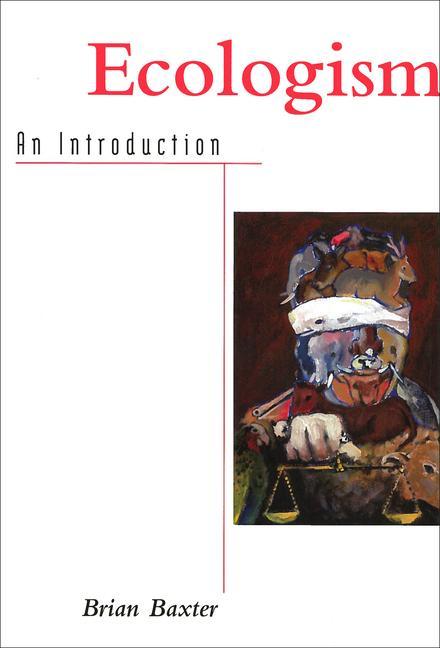Ecologism is a new political ideology based on the position that the non-human world is worthy of moral consideration, and that this should be taken into account in social, economic, and political systems. This innovative book provides the first comprehensive introduction to this philosophy, which is recognized as a major development in environmental politics.Brian Baxter probes the metaphysical, moral, political, and economic facets of ecologism. Bringing the central themes of contemporary political theory into contact with green political theory, be compares ecologism to such mainstream ideologies as utilitarianism, Rawlsian liberalism, libertarianism, Marxism, and feminism. An innovative contribution to environmental ethics and political philosophy, this book provides new insights into and solutions to the problematic relationship between society and nature.
Inhaltsverzeichnis
Acknowledgments
1. Introduction Theory
2. Metaphysics
3. Biology and Ecologism: The Case of Sociobiology Morality
4. The Moral Theory of Ecologism
5. Moral Considerability and Moral Trade-offs Politics
6. Ecologism's Political Philosophy: Human Nature, the Human Predicament and Political Morality
7. Ecologism's Political Philosophy: Political Morality and Meta-issues
8. Ecologism and Contemporary Political Philosophy: Utilitarianism, Rawlsian Liberalism and Libertarianism
9. Ecologism and Contemporary Political Philosophy: Marxism, Communitarianism and Feminism Political Economy
10. Can Ecologism Transform Capitalism?: Sustainable Development, Ecological Modernisation and Economic Democracy
11. Alternatives to 'Greened' Capitalism: Market Socialism and Global Ecology
12. Conclusion Bibliography Index










